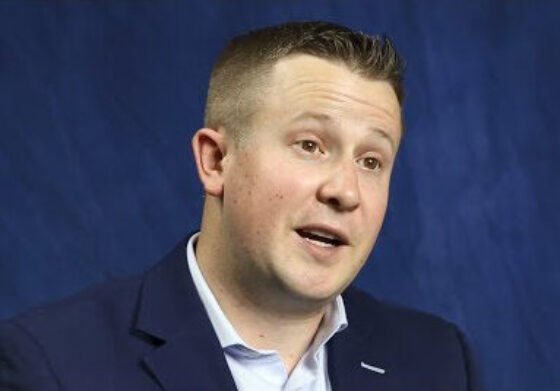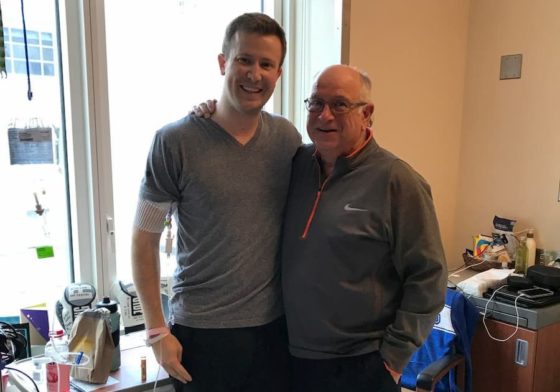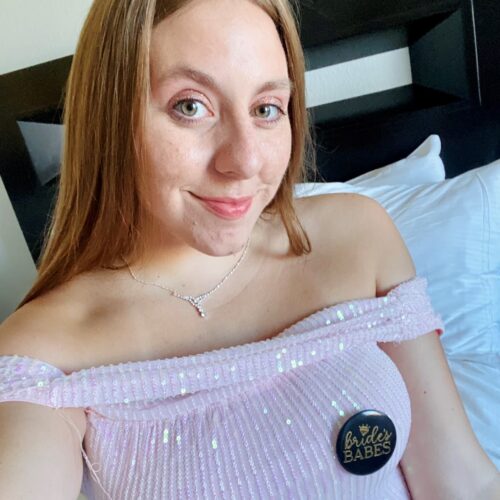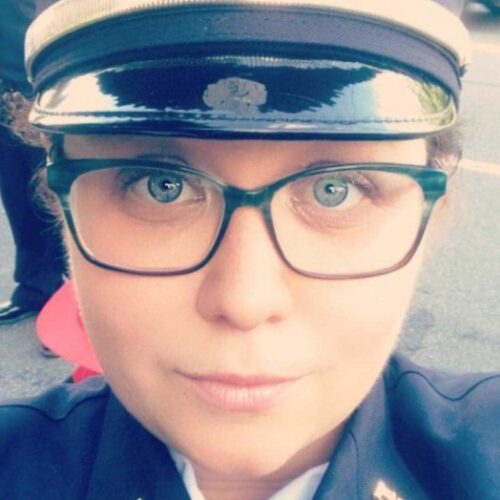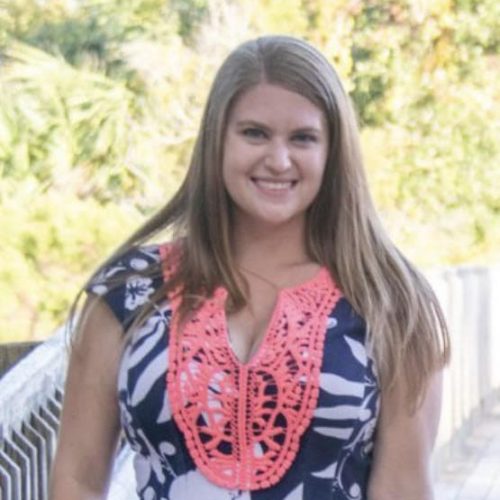Before my diagnosis, I was a very happy and healthy person.
I was very active, working out 3-4 days a week and trying to sneak in a round of golf with family or friends on the weekend. I was never one to be very cognizant of health changes and had a tendency to push things off. Other than an ACL surgery, I’d had no medical issues in the past.
I first noticed I had some strange stomach pain on a Friday morning when visiting friends for the night. I thought it may have been due to the bed I was sleeping on or something I ate, but I didn’t think too much of it. I kept on with my day and played golf with some friends before heading back home.
The stomach pain persisted through the day and into Saturday. I felt a little better but told myself if it continued or got worse by Sunday, I would go to the emergency room. Saturday, I spent the day walking around the city and across the Brooklyn Bridge. I had dinner plans and headed back to my apartment to get ready. I brushed and flossed my teeth before dinner and noticed that my gums began to slightly bleed.
When I got back from dinner my gums were still bleeding and I couldn’t figure out how to stop it. I went to bed that night, and when I woke up early Sunday I noticed my nose had started bleeding over night as well. Since I now had unexpected gum bleeding, a bloody nose, and still had stomach pains, I went to the ER.
The first theory for my symptoms was that I had appendicitis. I had a CT scan and blood drawn. The CT scan came back stating I had appendicitis. The doctor came in and said I also had low platelets in my blood. I was unaware what that meant.
“The best thing I did for myself was set a deadline of when to get my health change checked out.”
An hour later, the doctor asked to do a CT scan of my head. This was my first inclination that this was more serious than appendicitis. The doctor later came in stating the CT scan of my head looked good and there were no issues there. He followed that by stating they were 95% sure I had blood cancer. They were then working on transferring me from the ER to a hospital to get treatment and a formal diagnosis.
At the ER, they drew more blood, and it was there that we met with a number of doctors, including the attending oncologist, who stated I had leukemia. This was my first time hearing this out loud and it began to sink in.
They immediately admitted me to the hospital, and the following morning they confirmed I had APL leukemia. I spent the next 30 days at the hospital on the oncology floor receiving in-patient treatment.
The best thing I did for myself was set a deadline of when to get my health change checked out. I noticed a subtle health change Friday and I told myself I would go to the ER by Sunday if it did not get better.
I’m glad I stuck to that deadline—had I waited things would have gotten even worse. When you notice a change in your body or something out of the ordinary, set a date of when you will get it addressed and stick to it. Don’t wait longer than two weeks to check on subtle health changes. Recognizing and investigating health changes with a health professional is the key to early detection.
Symptoms
- unexplained bleeding gums
- nose bleeds
- stomach pains
